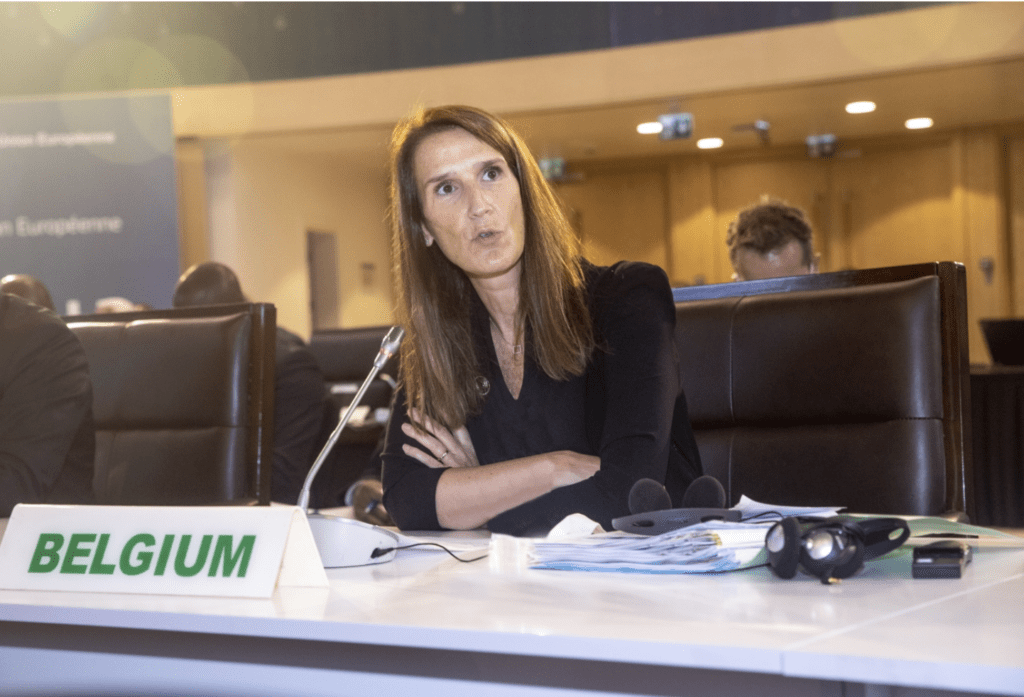Belgium is at the bottom of the European ladder when it comes to the number of ambassadors who are women, while gender parity in politics is still 37 years away, a recent study found.
Just two countries, who have a gender quota, achieved gender parity in their national parliament, while just one-fourth (25,5%) of ambassadors representing the analysed countries are female. The number of female Belgian ambassadors feel well below this level in 2020.
"Finland comes closest to gender parity, followed by Austria and Latvia. At the opposite end, Belgium scores lowest with 11%, followed by Kyrgyzstan (13%), Nepal, and Chile (both 14%)," according to the 2021 Shecurity Index, which for two years has been tracking the rate and progress of women’s participation at all levels in foreign and security policy.
However, not all countries that were analysed provided information on their diplomatic corps in 2020, meaning other countries may be performing worse than Belgium.
Although Belgian representatives abroad continue to be mainly male-dominated, both the Foreign Affairs Ministry (under Sophie Wilmès) and the Public Service Foreign Affairs are now being run by women for the first time.
Meanwhile, when it comes to gender parity in national parliament, Belgium is among the highest-ranking countries, alongside Hungary, Norway and Lithuania. The Czech Republic, Luxembourg, and the Netherlands were among the countries that score most poorly on this front.
Turning the tide
The FPS Foreign Affairs is trying to turn the tide when it comes to gender imbalance in leadership and ambassador positions, by working with organisations on campaigns to show young women they can be in leadership positions. It is also trying to ensure gender parity during the recruitment process.
During the last diplomatic examination, in 2020, more women than men took part in the exam, in part as a result of a video campaign to encourage women to apply for the roles.
"The jury was evenly divided, an explanation was given on how to avoid gender bias and the exam questions were composed in a gender-neutral way," Marie Cherchari, spokesperson for Foreign Affairs, told De Morgen.
After all the tests, 19 men and 11 women remained, however this imbalance at the start often only increases during the long career that leads to the post of ambassador. As a result, an action plan has been approved to provide additional training and mentoring programmes.
The Schecurity Index is an initiative of a German Green Party MEP and collects data from 104 countries, including EU and G20 member states and the EU itself, plus all countries committed to the Women, Peace and Security agenda by releasing a national action plan.

